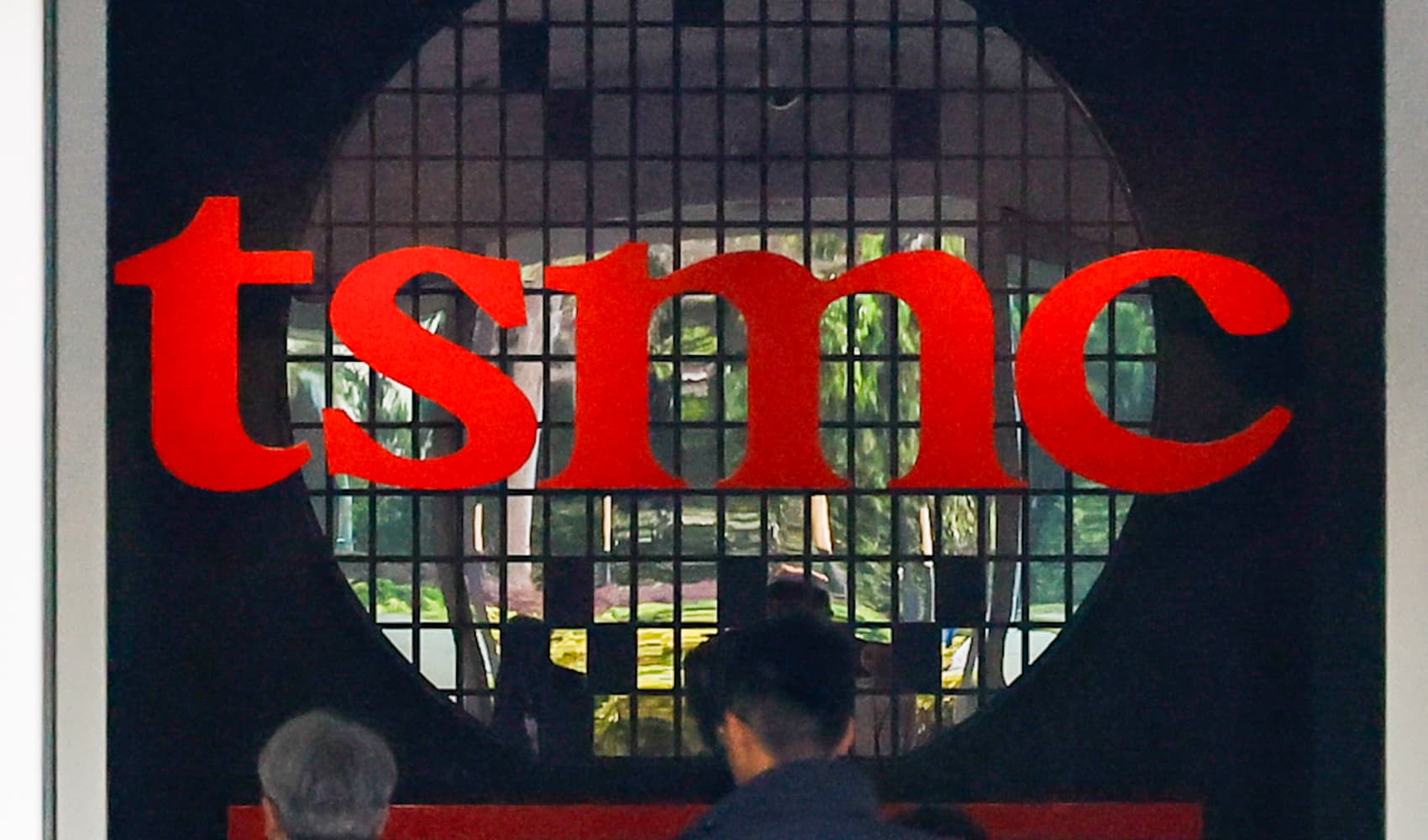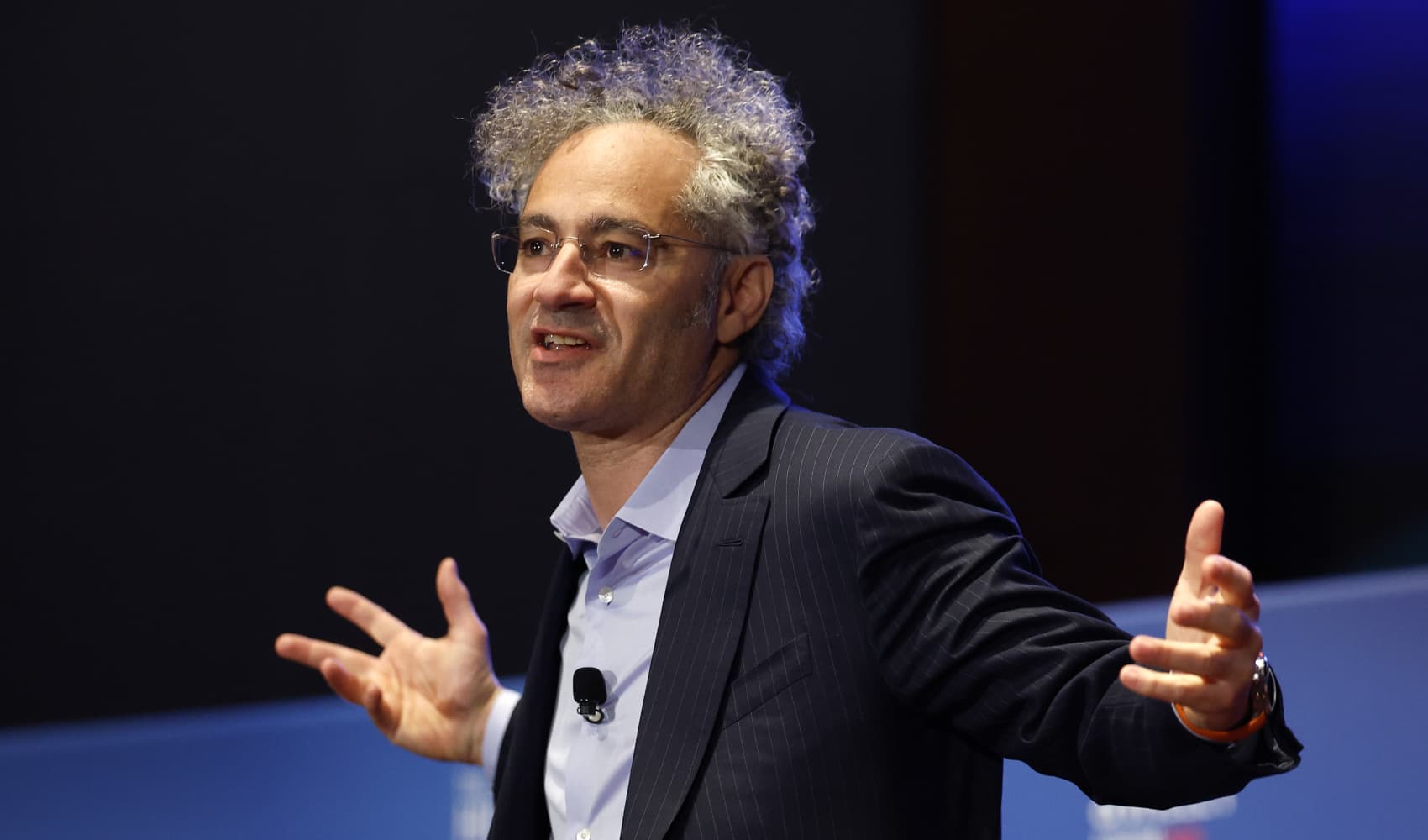TSMC Denies Intel JV: What's the Impact on Chipmaking?
TSMC Shuts Down Intel Joint Venture Rumors: What's Next?
Introduction: Decoding the Chipmaking Drama
The semiconductor industry is a fast-paced, high-stakes game, and lately, the rumor mill has been working overtime. One of the juiciest whispers involved a potential partnership between two titans: Taiwan Semiconductor Manufacturing Company (TSMC) and Intel. Would these chipmaking giants join forces? The answer, it seems, is a resounding "no." TSMC has officially denied any ongoing discussions regarding a joint venture with Intel, sending ripples throughout the tech world. So, what does this mean for the future of chip manufacturing? Let's dive in.
TSMC's Definitive Denial: End of the Road for Collaboration?
"TSMC is not engaged in any discussion with other companies regarding any joint venture, technology licensing, or technology," declared CEO C.C. Wei during the company's first-quarter earnings call. That's about as clear as it gets, right? It seems the rumors, however enticing, were just that – rumors. But where did these whispers come from in the first place?
The Information's Report: Fueling the Fire
Earlier this month, The Information reported that TSMC and Intel had explored a preliminary agreement to operate Intel's chip factories, with TSMC potentially holding a 21% stake. This report sent shockwaves through the industry, sparking intense speculation about the potential implications of such a partnership. But now, it looks like this story has been firmly put to rest.
Intel's Silence: A Non-Confirmation That Speaks Volumes
Interestingly, when asked about the reported discussions by CNBC, Intel previously stated that they "don't comment on rumors." While not a denial, it certainly wasn't a confirmation either. This lack of a straight answer only served to fan the flames of speculation. Now, with TSMC's official statement, the picture is becoming much clearer.
Why the Rumors? Understanding the Logic
Even though a joint venture is off the table (at least for now), it's worth considering why these rumors gained traction in the first place. Both TSMC and Intel face unique challenges and opportunities in the current market. A collaboration, on paper, could have potentially addressed some of these.
TSMC's Dominance: Maintaining the Lead
TSMC is the undisputed leader in advanced chip manufacturing. They hold a significant market share and boast cutting-edge technology. However, they also face increasing competition and geopolitical pressures. A strategic partnership could have further solidified their position.
Intel's Ambitions: Regaining Lost Ground
Intel, on the other hand, has been working to regain its footing in the manufacturing space. The company has announced ambitious plans to become a major player in the foundry business, producing chips for other companies. A partnership with TSMC could have provided valuable expertise and resources.
The Geopolitical Landscape: A Driving Force?
The global semiconductor industry is heavily influenced by geopolitical factors. Governments are increasingly concerned about supply chain security and are investing heavily in domestic chip manufacturing. Could these concerns have played a role in the rumor mill churning out a potential TSMC-Intel alliance?
What Does This Mean for Intel's Foundry Dreams?
With TSMC's denial, Intel's foundry ambitions are now solely on their shoulders. They'll need to rely on their own resources and expertise to achieve their goals. This puts even more pressure on their ongoing investments in new manufacturing facilities and technologies.
The Importance of Innovation: Staying Ahead of the Curve
For Intel to succeed, continuous innovation will be crucial. They need to develop and implement cutting-edge manufacturing processes to compete with TSMC and other leading foundries. This requires significant investment in research and development.
The Impact on the Semiconductor Market: A Ripple Effect
The denial of the joint venture will likely have a ripple effect on the entire semiconductor market. Investors, suppliers, and customers will all be closely watching how Intel and TSMC respond to this new landscape.
Competition Heats Up: Good News for Consumers?
With Intel pursuing its foundry ambitions independently, the competition in the semiconductor market is likely to intensify. This could ultimately lead to lower prices and more innovative products for consumers.
Alternative Paths for Collaboration: Exploring Other Options
While a joint venture might be off the table, that doesn't necessarily mean TSMC and Intel can't collaborate in other ways. Technology licensing or joint research projects could still be possibilities in the future.
The Future of Chipmaking: Navigating Uncertainty
The semiconductor industry is constantly evolving, and the future is uncertain. Geopolitical tensions, technological advancements, and market dynamics all play a role in shaping the landscape. One thing is certain: innovation and adaptability will be key to success.
The Power of Perception: Why Rumors Matter
Even though the rumors of a TSMC-Intel joint venture proved to be unfounded, they highlight the power of perception in the market. These whispers influenced stock prices, investor sentiment, and even the strategic decisions of other companies. Don’t you think the constant flow of information and speculation has an enormous impact?
Conclusion: Setting the Record Straight
TSMC's definitive denial puts an end to the speculation surrounding a potential joint venture with Intel. While the idea of these two giants joining forces was intriguing, it appears it was just a rumor. Intel will need to pursue its foundry ambitions independently, and the semiconductor market will continue to evolve at a rapid pace. As always, stay tuned for the next chapter in this exciting saga!
Frequently Asked Questions
- Why did the rumors of a TSMC-Intel joint venture start?
The rumors likely stemmed from a combination of factors, including Intel's desire to expand its foundry business, TSMC's market dominance, and the increasing importance of securing semiconductor supply chains. A partnership could have addressed some of these issues, making it a logical (albeit ultimately unrealized) possibility.
- What was the reported structure of the potential joint venture?
According to reports, the proposed structure involved TSMC taking a 21% stake in operating Intel's chip factories. This would have given TSMC a significant say in the operations and potentially provided valuable expertise to Intel.
- What are Intel's plans for its foundry business now that the joint venture is off the table?
Intel remains committed to its foundry ambitions. They are investing heavily in new manufacturing facilities and technologies to become a major player in the industry. This includes developing advanced manufacturing processes and offering a range of services to potential customers.
- How will TSMC's denial affect the semiconductor market?
The denial could lead to increased competition in the semiconductor market as Intel pursues its foundry ambitions independently. This could ultimately benefit consumers through lower prices and more innovative products.
- Could TSMC and Intel collaborate in other ways in the future?
While a joint venture is off the table, TSMC and Intel could still potentially collaborate through technology licensing agreements or joint research projects. These types of collaborations could allow them to leverage each other's expertise and resources without forming a formal partnership.

